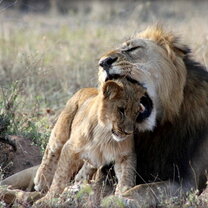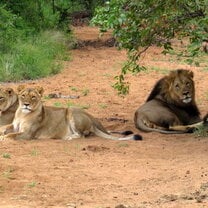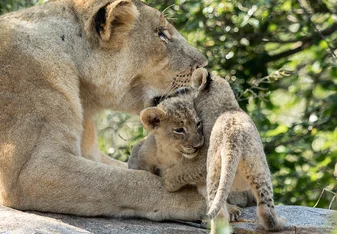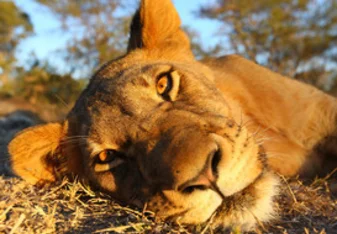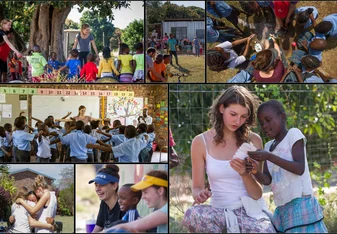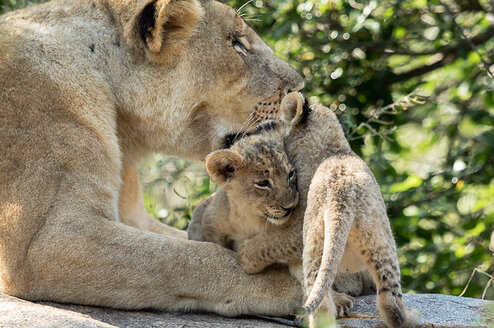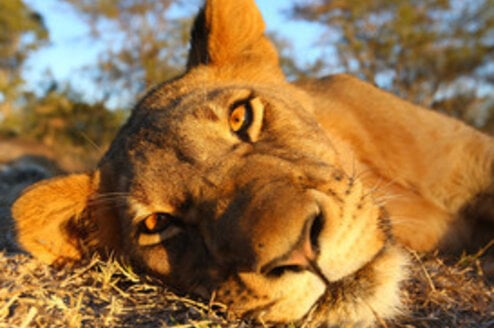LEO Africa - Big 5 Monitoring, Conservation & Sustainable Living
- South Africa
- Limpopo
About Program
LEO Africa is a Big 5 wildlife monitoring, conservation and sustainable living volunteer programme established in 2005 based in the beautiful Abelana Game Reserve, near Kruger National Park.
The focus of our monitoring are key species such as lions, white rhinos, elephants, leopard, hyena, buffalos and cheetahs. A typical day consist of 2 monitoring drives in which we collect data on wildlife and conduct conservation work for the reserve; when requested, we also assist the reserve management with special activities, such as game capture, animal darting, fire control and much more . Volunteers are the protagonist of our work, helping us to track the animals collecting and inserting data (with which we prepare reports for the park on animal behaviour, health, spatial movements etc.), some house duties and they'll have the possibility to take part to bush walks, sleep outs, microlight flights and much more!
LEO Africa is a truly, once in a lifetime African Conservation Experience!
Video and Photos
Program Highlights
- Big 5 and endangered species monitoring
- Learn about and directly assist with conservation
- Learn to live more sustainably
- Microlight Flight
- Spend 10-12 hours out in the field every day accompanied by experienced and incredibly passionate rangers!
Program Impact
Environment, Conservation, wildlife monitoring, sustainable living

